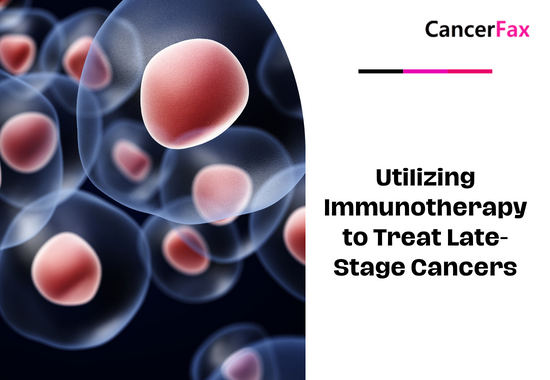In the United States, more than 70,000 people are diagnosed with non-Hodgkin’s lymphoma each year, which is caused by excessive proliferation of immune cells in the body’s lymph nodes. The most common is diffuse large B-cell lymphoma (DLBCL), which accounts for about 1/3 of lymphomas, and about half of these tumors are resistant to chemotherapy and immunotherapy. Once the lymphoma originates from the lymphatic tissue, cell proliferation causes the overall structure of the tissue to rupture, and the cells are exposed to mechanical forces such as fluid flow.
The researchers explored how these fluid forces are related to tumor resistance, and developed a “lymphoma microreactor” device that exposes human lymphoma to fluid flow, similar to patterns in lymphatic vessels and some lymph nodes.
The team’s side-flow microreactor includes a cell culture chamber connected to the culture medium (fluid) chamber through a narrow resistance channel, which slows the flow of fluid to simulate lymphatic vessels and lymph node parts. When testing different subpopulations of DLCBL lymphoma, the research team found that certain subtypes classified according to mutations in B cell receptor molecules found on the cell surface responded differently to fluid forces. The team found that fluid power regulates the expression levels of integrin-adhesin and B cell receptors. There is cross-interference between integrin and B cell receptor signals, which may help explain the resistance of some tumors.
What is remarkable is that the same tumor subtype responds differently to mechanical forces. If we can understand the role of biophysical stimulation, we can know why some lymphomas are sensitive to treatment, while others are refractory, then we will be able to treat more patients. It is important to understand the factors that regulate B-cell receptor signaling because this pathway is a key target for new therapeutic drugs, and several of them are in clinical trials. For more details, please call CancerFax.

